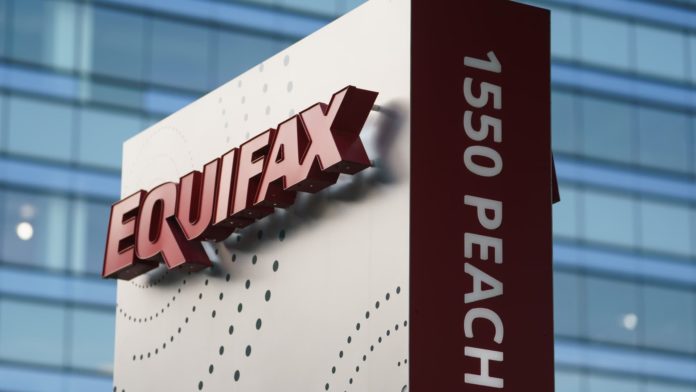Bloomberg | Bloomberg | Getty Images
More than 147 million people’s data was compromised
In the wake of Equifax’s 2017 data breach, which compromised the personal information of more than 147 million consumers — including names, birthdates and Social Security numbers — the company became the target of multiple lawsuits and reached a settlement in 2019 with the Federal Trade Commission, the Consumer Financial Protection Bureau and all U.S. states and territories.
As a result, consumers who were affected by the breach had the option of signing up for either up to $125 or free credit monitoring at all three of the largest credit reporting firms: Equifax, Experian and TransUnion.
After implementation was delayed due to legal challenges, the settlement received final court approval early this year.
Amount you receive will likely be far less than $125
While consumers who sought up to $125 began receiving payments last week, the amount they end up getting will likely be far less, according to the settlement administrator. On Twitter, users have reported receiving small payments, with amounts ranging from $2.64 or $5.21 to $21.06 and $40.44.
Additionally, although the initial deadline to file a claim was Jan. 22, 2020, consumers are still permitted to file a claim for expenses incurred after that date but before Jan. 22, 2024, due to the data breach. That could include losses from unauthorized charges to your accounts, as well as fees paid or expenses incurred as part of recovering from identity theft.
However, “there remains no evidence that the data obtained during the 2017 cyber attack … has been sold or used,” according to Equifax’s announcement about the cash payments being sent out.
Freezing your credit is ‘still the best practice’
Whether you filed a claim for a cash payment or free credit-monitoring — or neither — it’s worth protecting your credit from criminals trying to use your personal information.
The best way is to “freeze” your credit report, Ulzheimer said. “That’s still the best practice, and it’s free,” he said.
Freezing your report essentially blocks a lender from checking your report, which means a fraudster would be unable to open an account using your personal data. Once the freeze is in place, you have to “thaw” it — either temporarily or permanently — if you apply for credit or a loan so the bank can check your report.
However, you would need to contact all three of the credit reporting firms to cover all your bases.
You also can put a short-term fraud alert on your report, which lasts one year. Under a fraud alert, a lender seeking to approve an application must first contact you to verify the request is not from an imposter.
Additionally, you only need to contact one of the credit firms to initiate a fraud alert, which in turn is legally obligated to share your notice with the other two. It also is free. However, it generally does not provide the same level of protection as a freeze.
Source : CNBC







